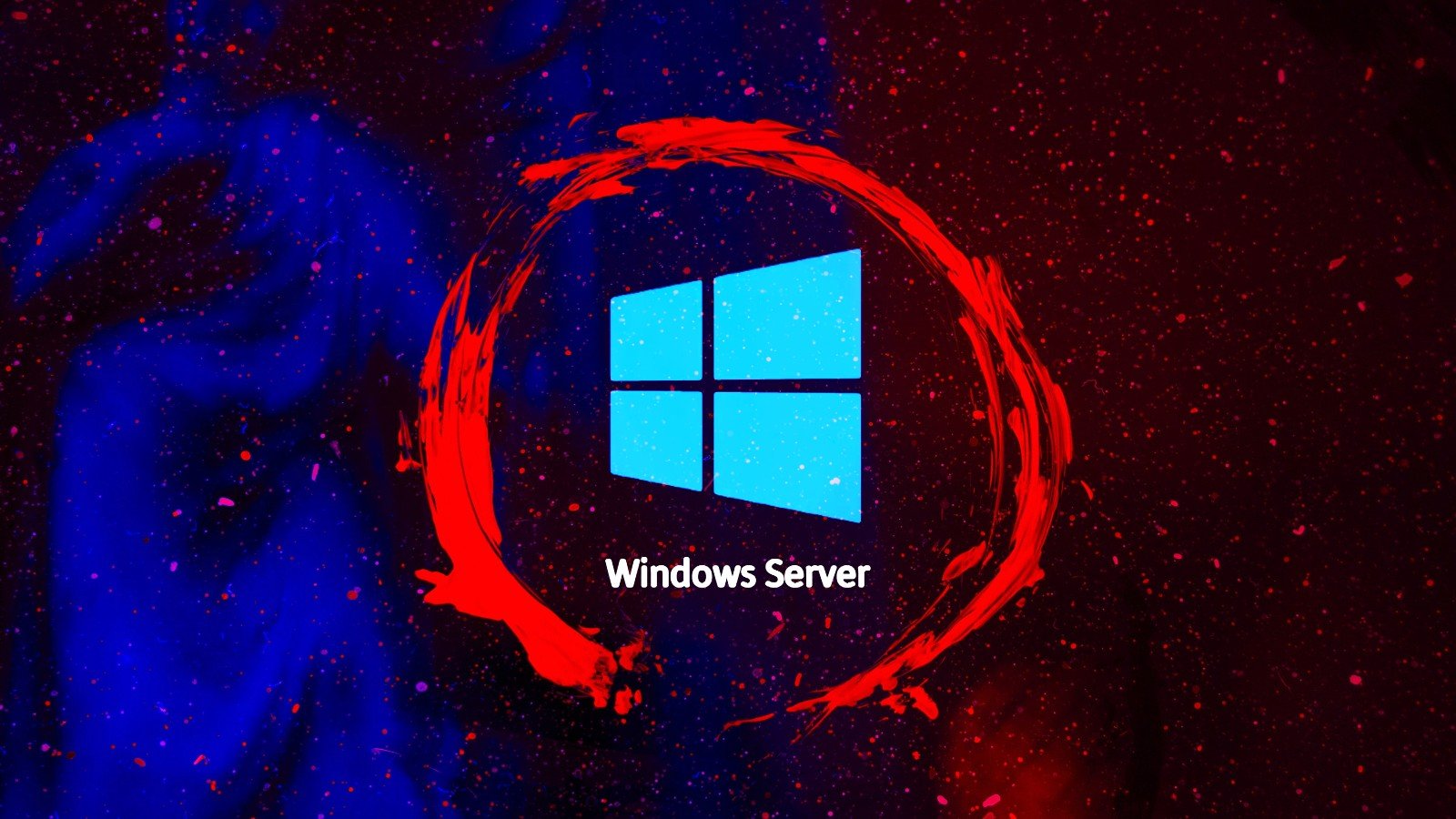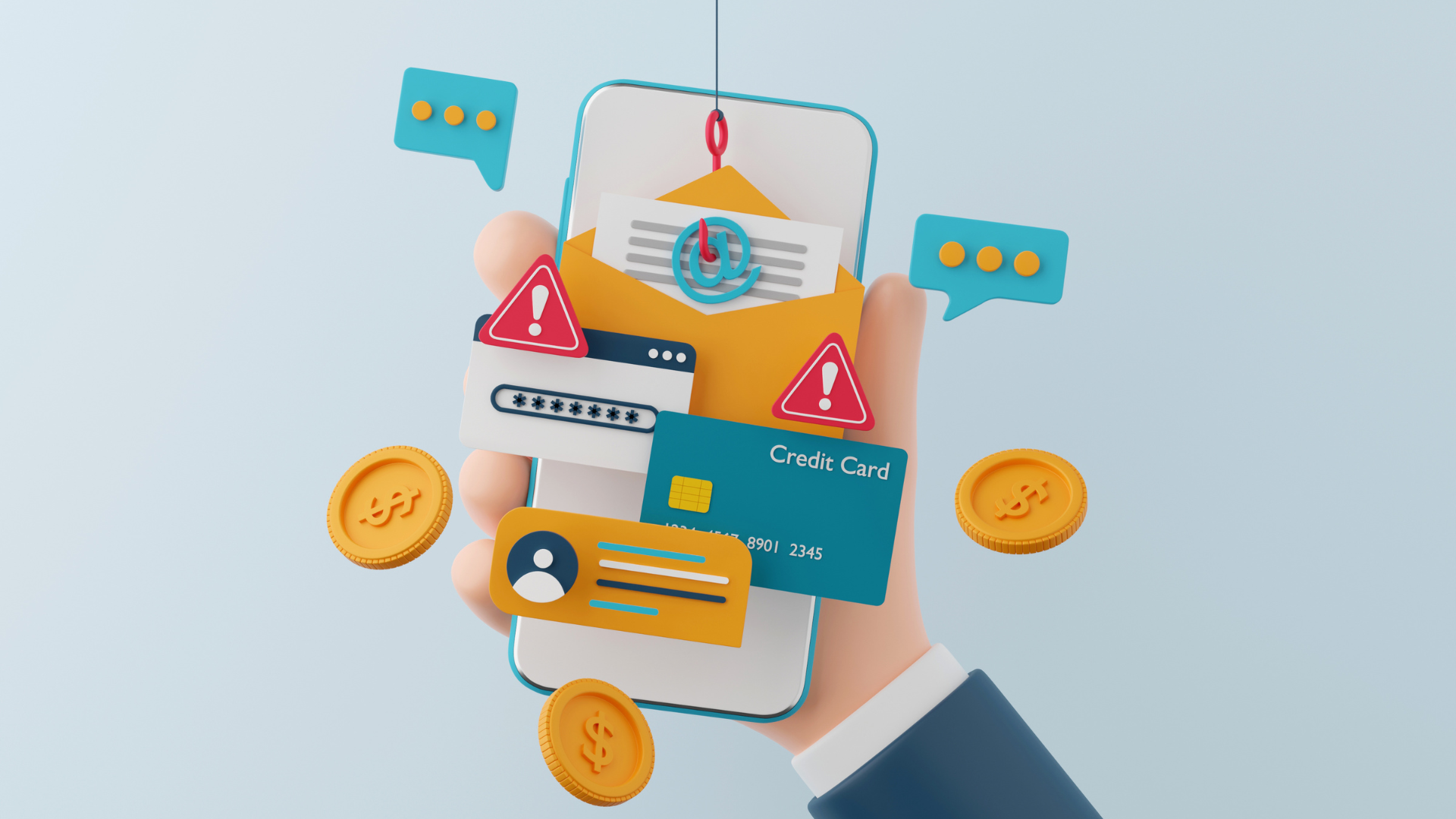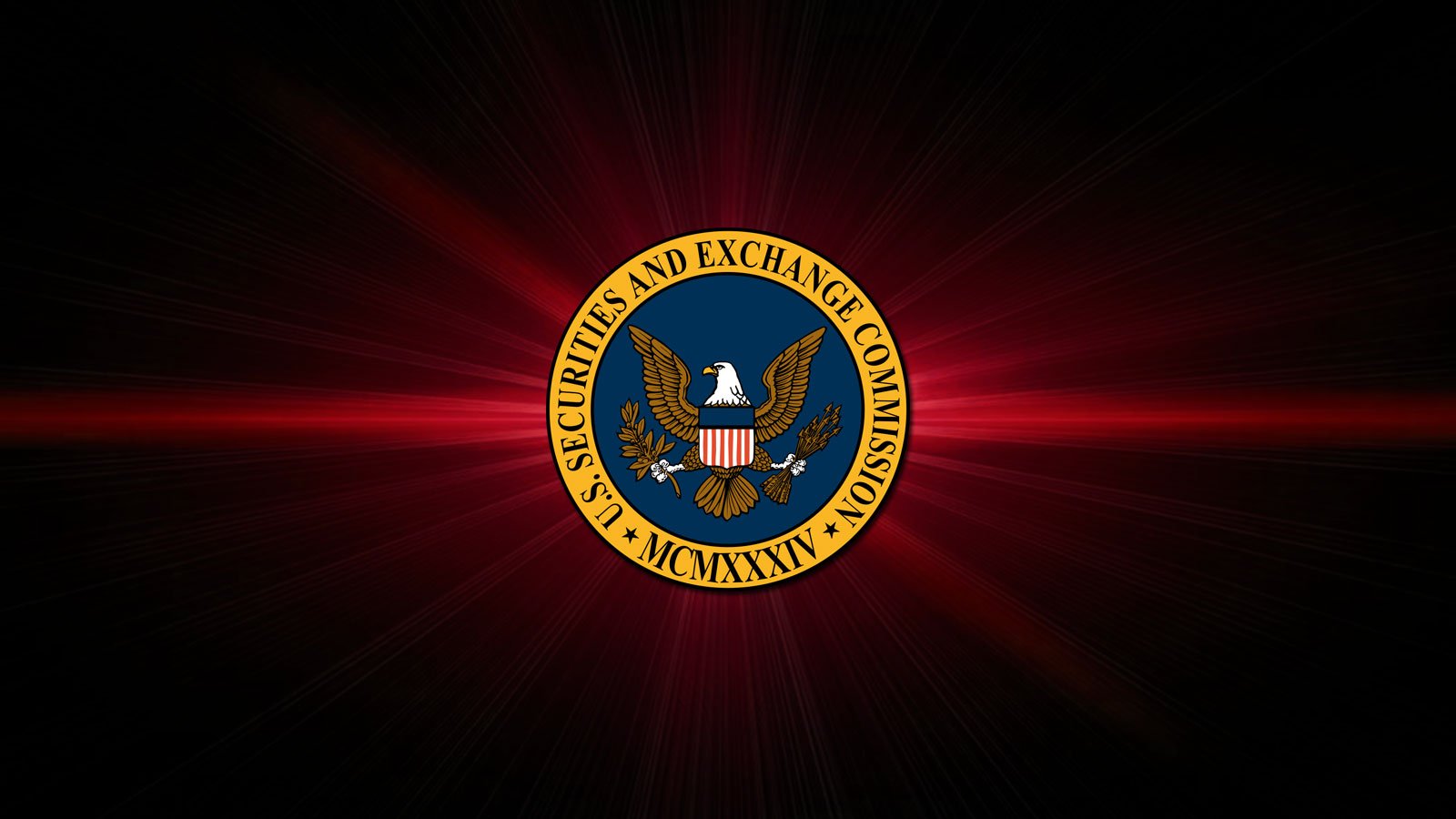Despite Paying Ransom to Attackers, Dolly.com's Data Gets Released Anyway
The intruders successfully breached sensitive data from the company and its customers, such as high-level account credentials, credit card details, customer locations, and more. This intrusion presents a substantial threat to Dolly.com and its users.


Dolly.com, a moving and delivery platform, reportedly fell victim to a ransomware attack, during which cybercriminals obtained sensitive company and customer data. Despite paying a ransom, the company's information was not secured as promised.
The stolen data is believed to include critical details such as high-level account logins, partial credit card numbers, customer addresses, names, registration dates, and user emails. The attackers also claimed to have accessed complete credit card information.
In addition to this, entry points and admin credentials for MongoDB instances on Amazon Web Services (AWS), as well as names of 95 AWS S3 buckets belonging to Dolly.com, were reportedly compromised and deemed sensitive.
Dolly.com allegedly paid the ransom to prevent the attack from becoming public. However, the cybercriminals considered the payment insufficient and, instead of returning the data, they kept both the ransom and the stolen information. They further exacerbated the situation by uploading the data and providing download links on a criminal forum. Although these files were later removed, they were accessible for at least a week.
This incident serves as a stark reminder that ransomware operators are unreliable, and paying a ransom offers no guarantee of securing stolen data. The researchers warned that if adequate precautions are not taken, this attack could lead to further breaches and exploitation.





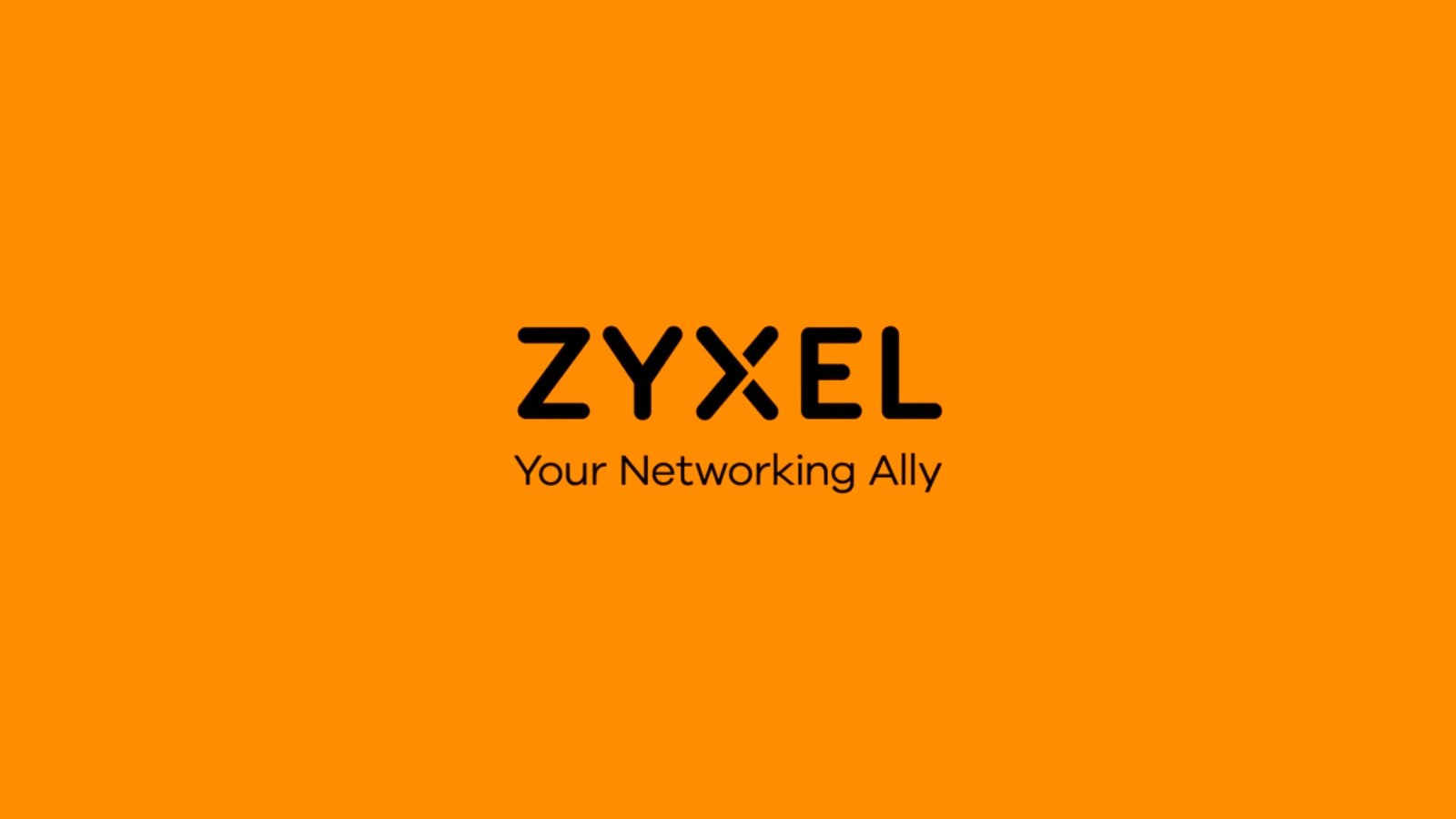

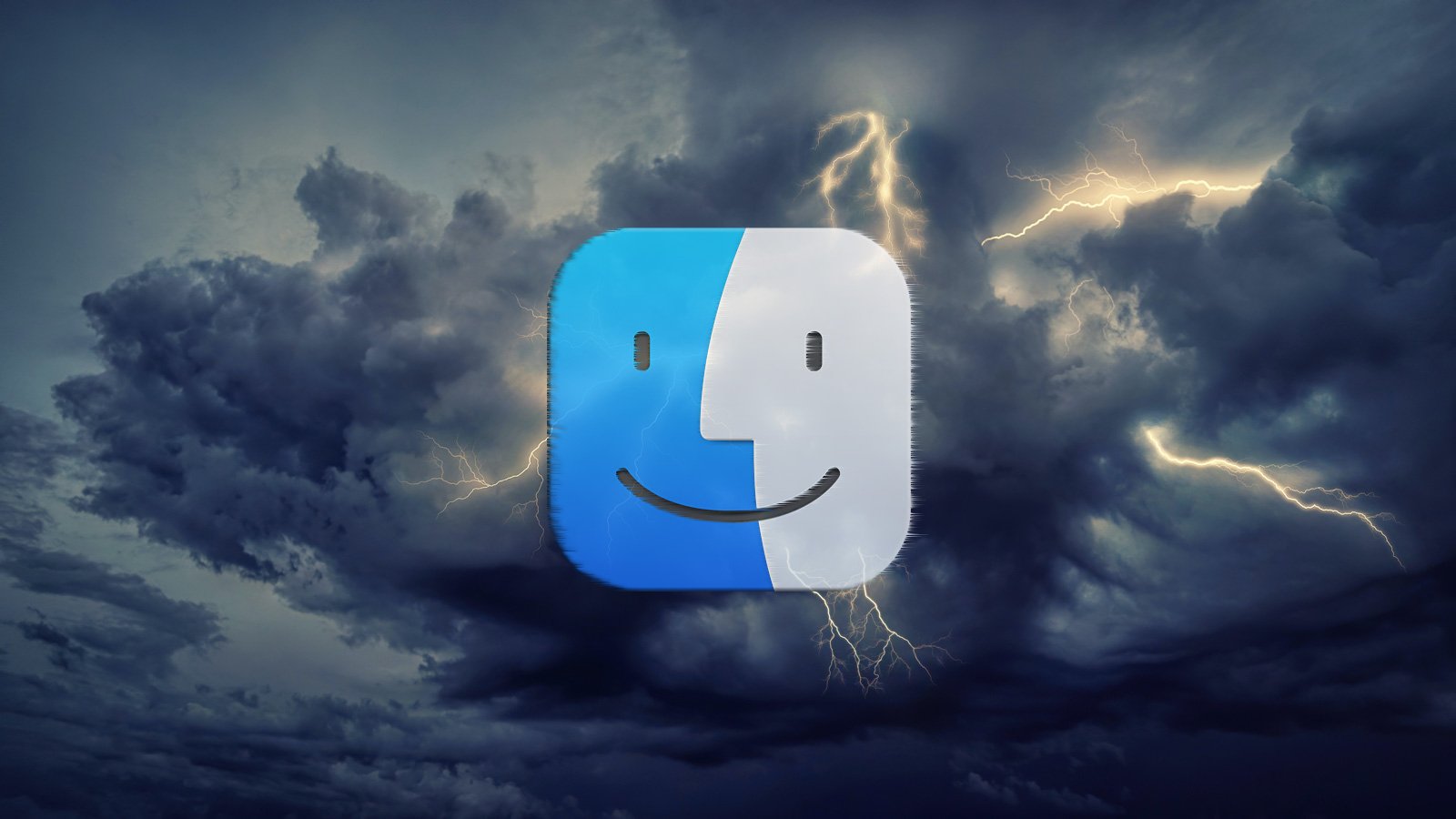

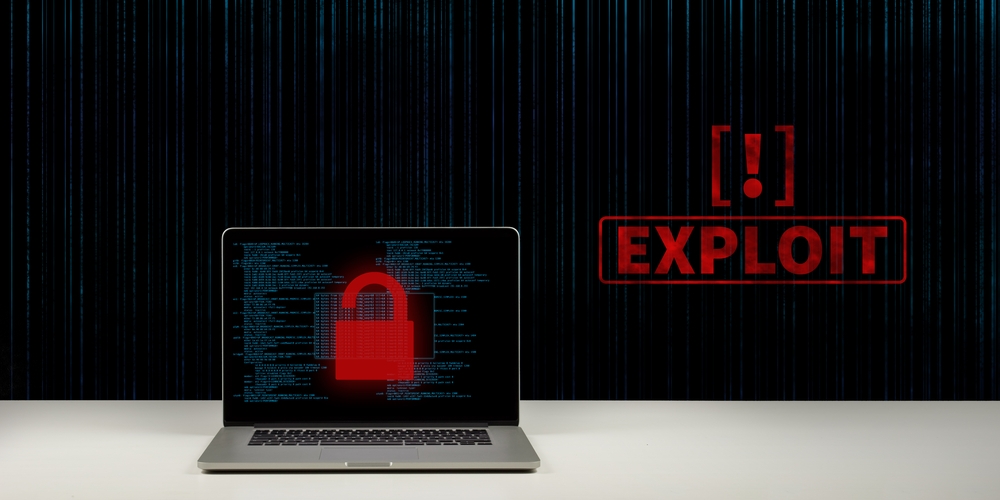






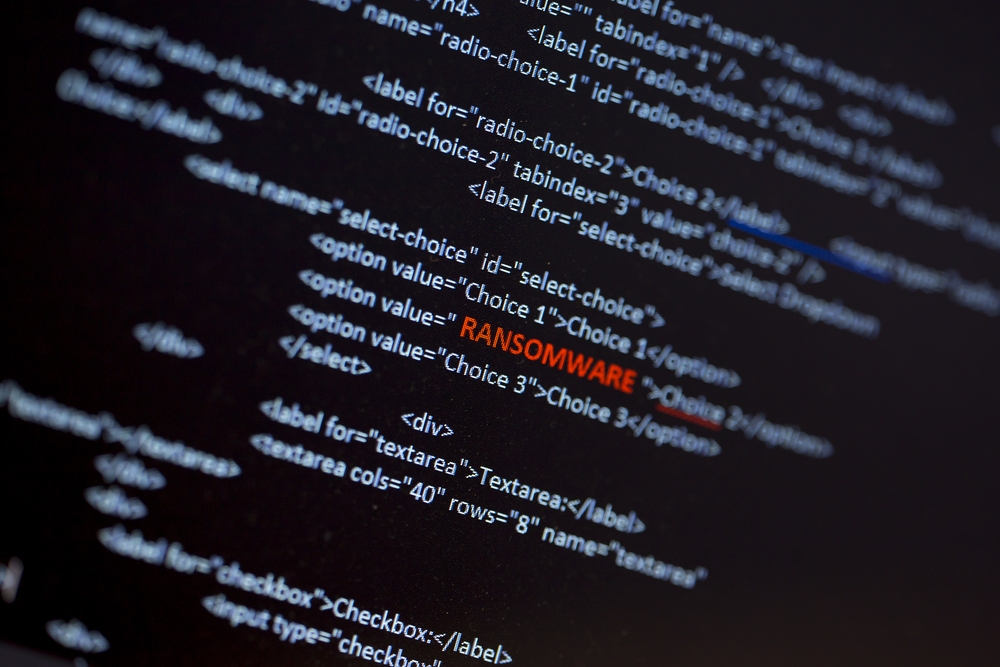




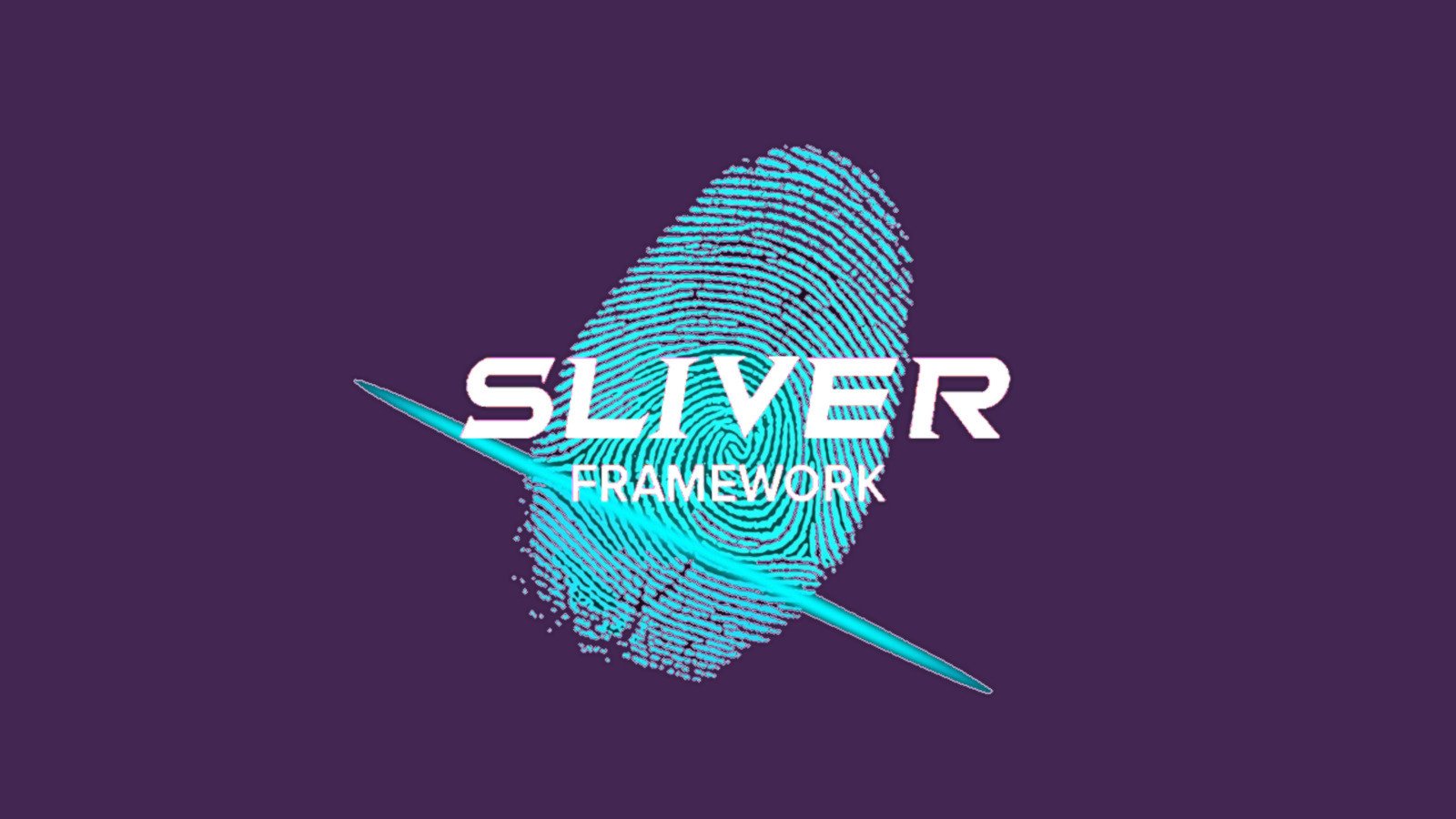


![Largest Data Breaches in US History [Updated for 2023]](https://nulld3v.com/uploads/images/202311/image_430x256_654e69df8d469.jpg)



